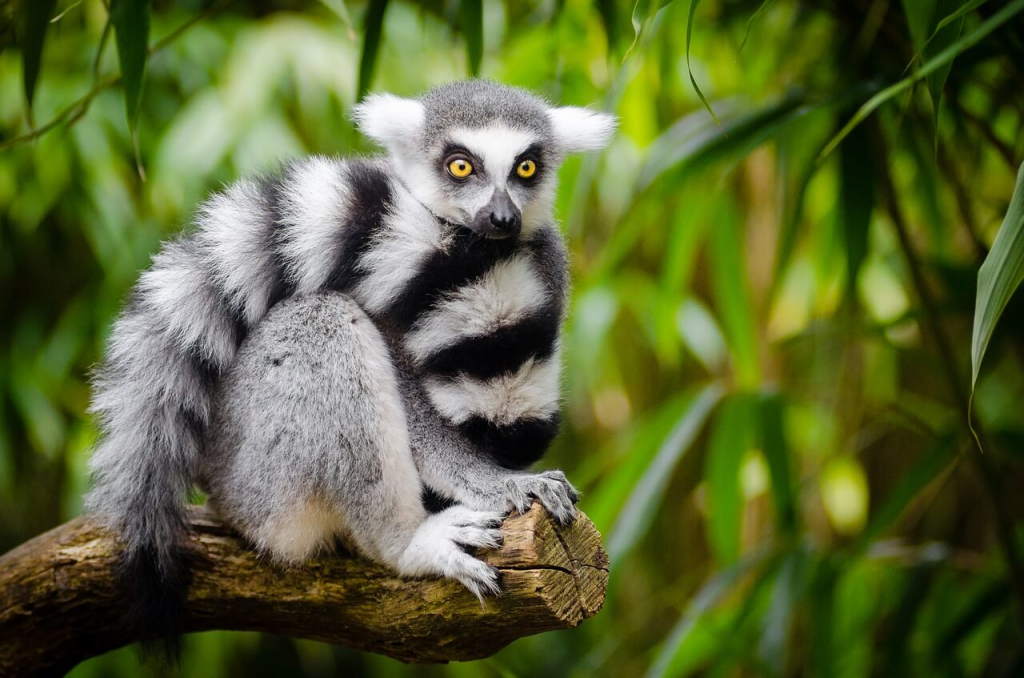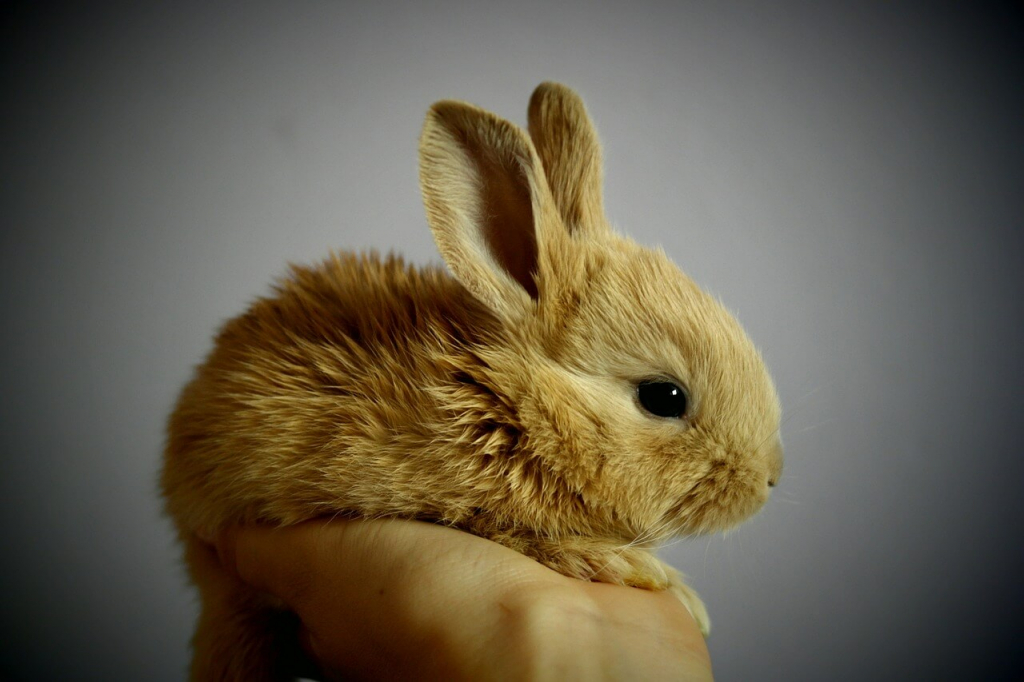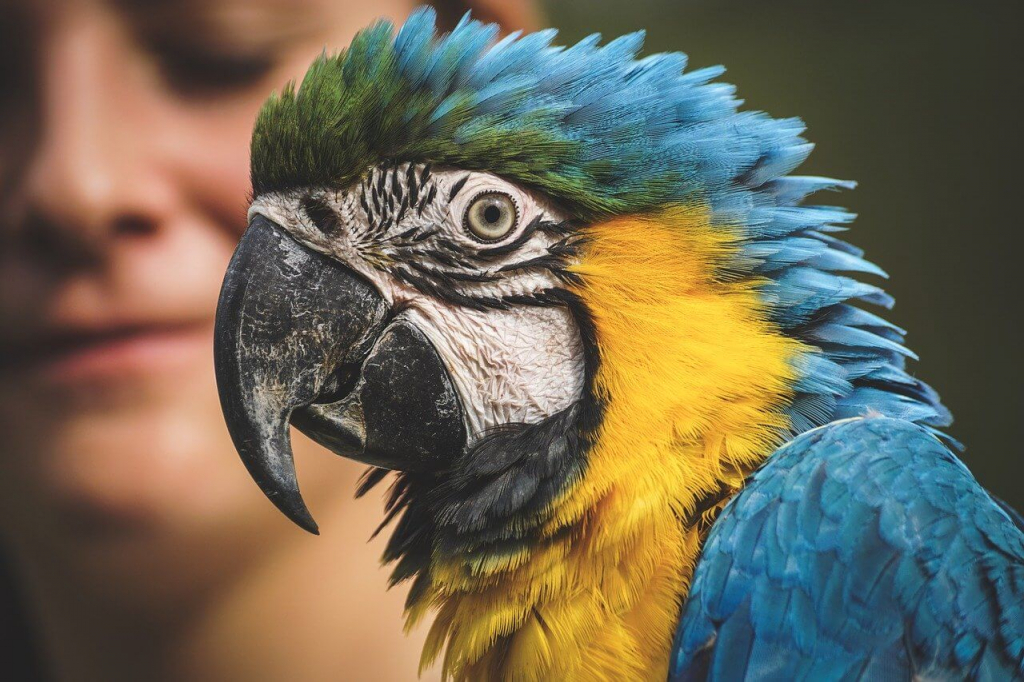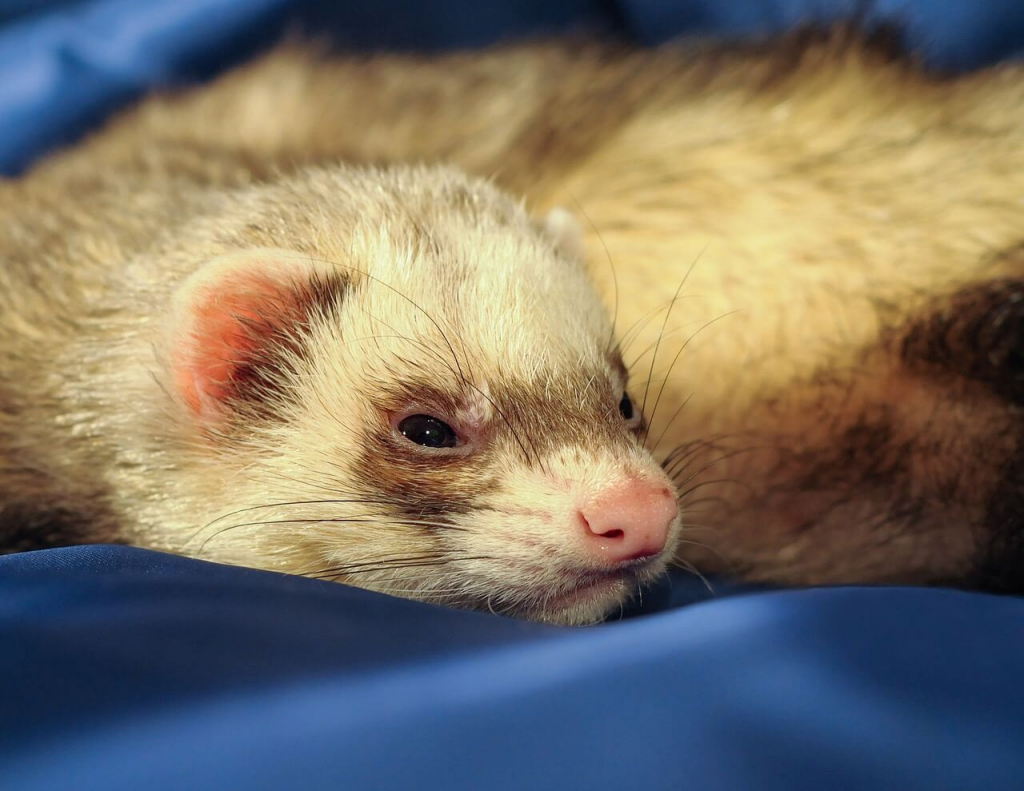Allowing pets in your unit can bring you a lot of benefits as a landlord such as attracting a wider market because a huge percentage of households own pets, and earning additional income from pet rent or pet fees.
However, it’s not as easy as it sounds. You have to have a very detailed pet policy with clear boundaries and rules so that it wouldn’t negatively impact your rental business.
A pet is a liability, and the kind of pet you will allow will be a factor in terms of managing the risks involved in accommodating animals in your rental units.
Millennials are known for their out-of-the-box preferences when it comes to fashion, food, and even their choice of pets. With the increase of millennial renters, you should be prepared in handling accommodation requests for unusual pets; not just cats and dogs. You may consider some of them, but there are animals that you should NEVER allow. Here are a few examples:
Illegal animals
Livestock animals like cows, chickens, ducks, and pigs are usually not allowed by the government in rental housing. It varies from state to state though, so you have to review your state laws.
Endangered animals, usually those purchased from the underground black market must be strictly banned. It is illegal and allowing it might have legal consequences.

Rabbits
Rabbits are very destructive creatures in a place built for human habitation. They will chew on walls, furniture, wires, and everything else they can sink their teeth in.
They also reproduce quickly and have huge litters, so things could get out of hand. The next thing you know, you have a dozen rabbits hopping around your hallways.
Rabbits can also leave a strong terrible stench, especially in an enclosed area like an apartment unit. If left roaming around, they might leave droppings in hidden corners. They may be cute and fluffy, but they are not the easiest animals to manage.

Birds
Even when caged, birds can be difficult to maintain. First, they molt a lot so they can leave feathers everywhere since they’re light and can easily be blown away by the wind. Secondly, if their cages are poorly maintained, it can smell really bad. And lastly, they can be very loud.
The noise is the hardest to manage because unlike dogs, birds can’t be reprimanded by owners easily and they rarely stop making noises. For some, it might be relaxing to hear, but it can be annoying to some; especially with big birds like macaws that can screech so loud it can be heard from a mile away.
You don’t want to constantly deal with noise complaints from other tenants. It can easily discourage tenants who want to enjoy a quiet living space from renewing their lease.

Ferrets
For the same reasons why you shouldn’t allow rabbits, ferrets must be banned because they are destructive and need a lot of space to roam around. They will chew on surfaces, leave droppings, and they have scent glands that can give off a terrible scent. Even if they were neutered or spayed, they can still give off their bad odor.

Before you allow pets in your rental units, make sure that you have thought about your limitations when it comes to what animals you would allow. When you publish your listing on property management websites like Padleads, be clear on your pet policy to set expectations for your potential tenants.